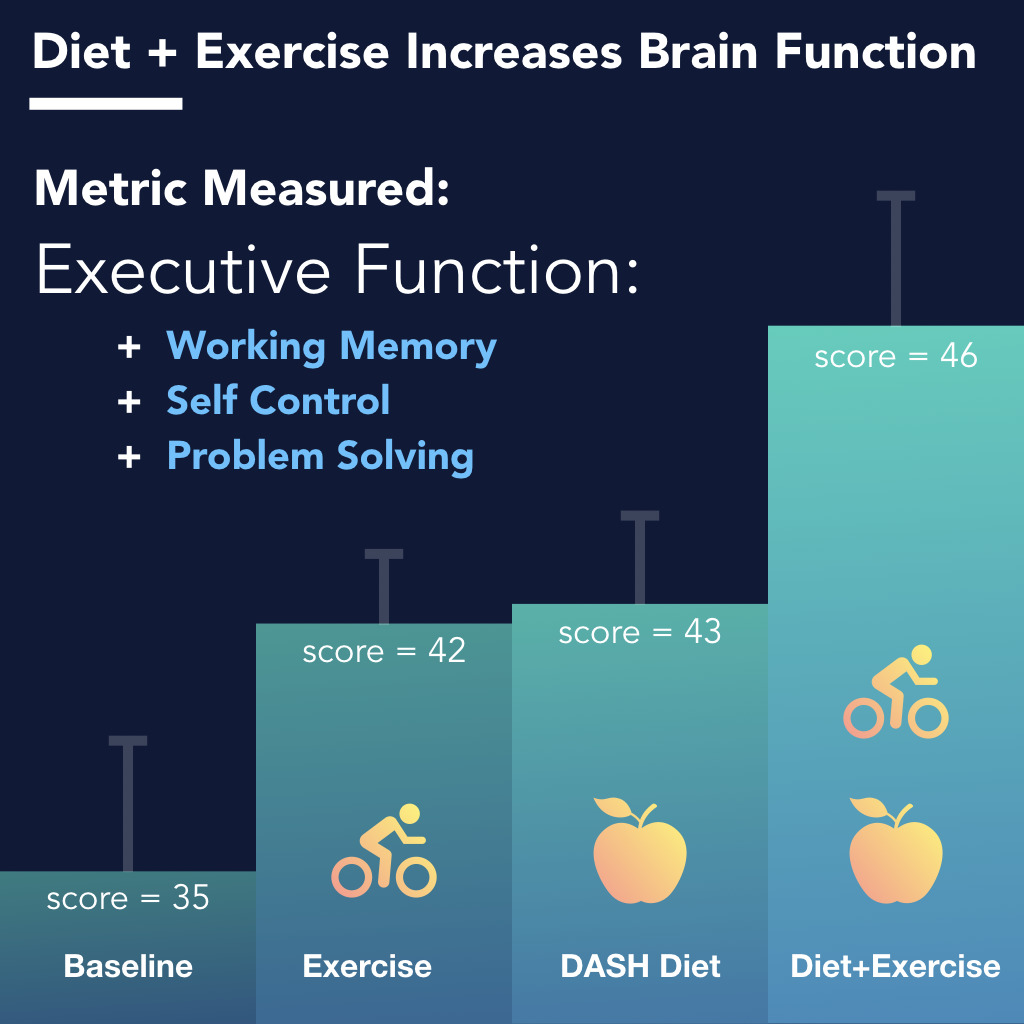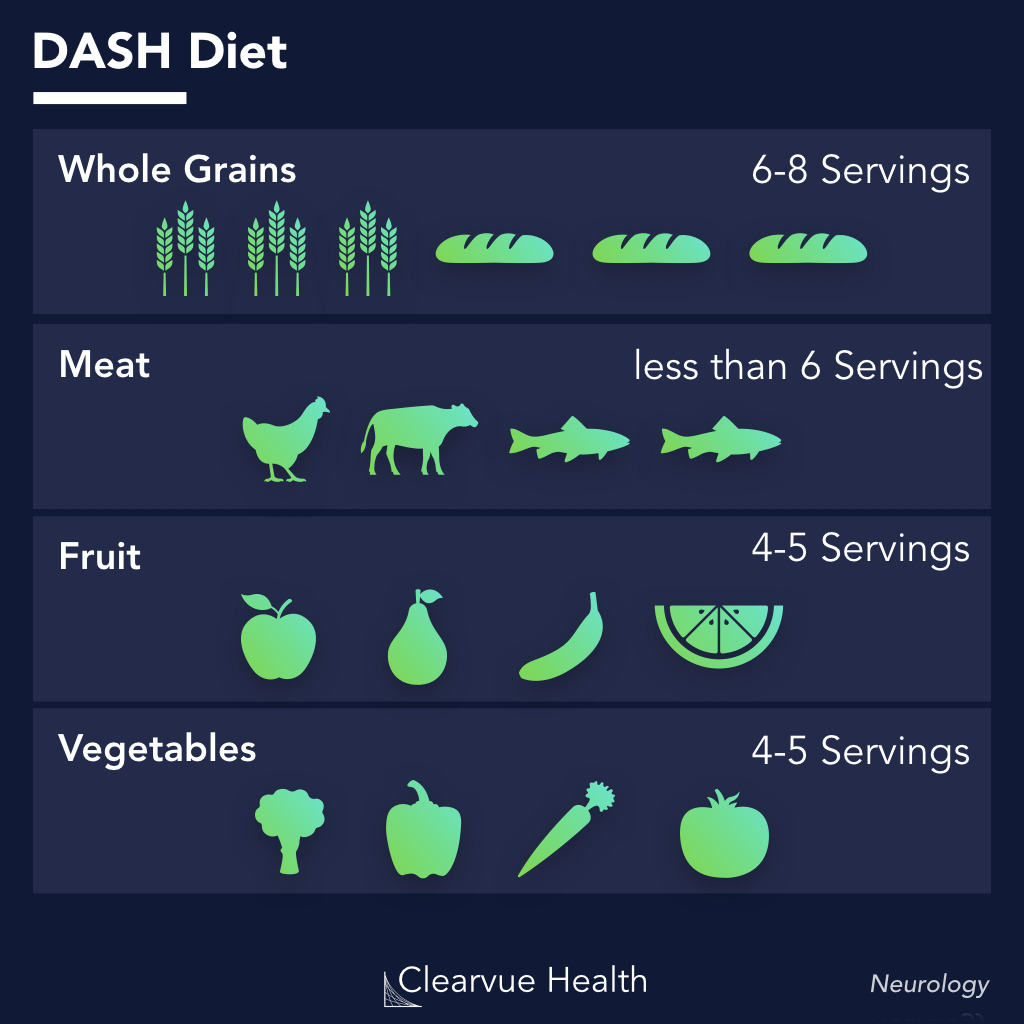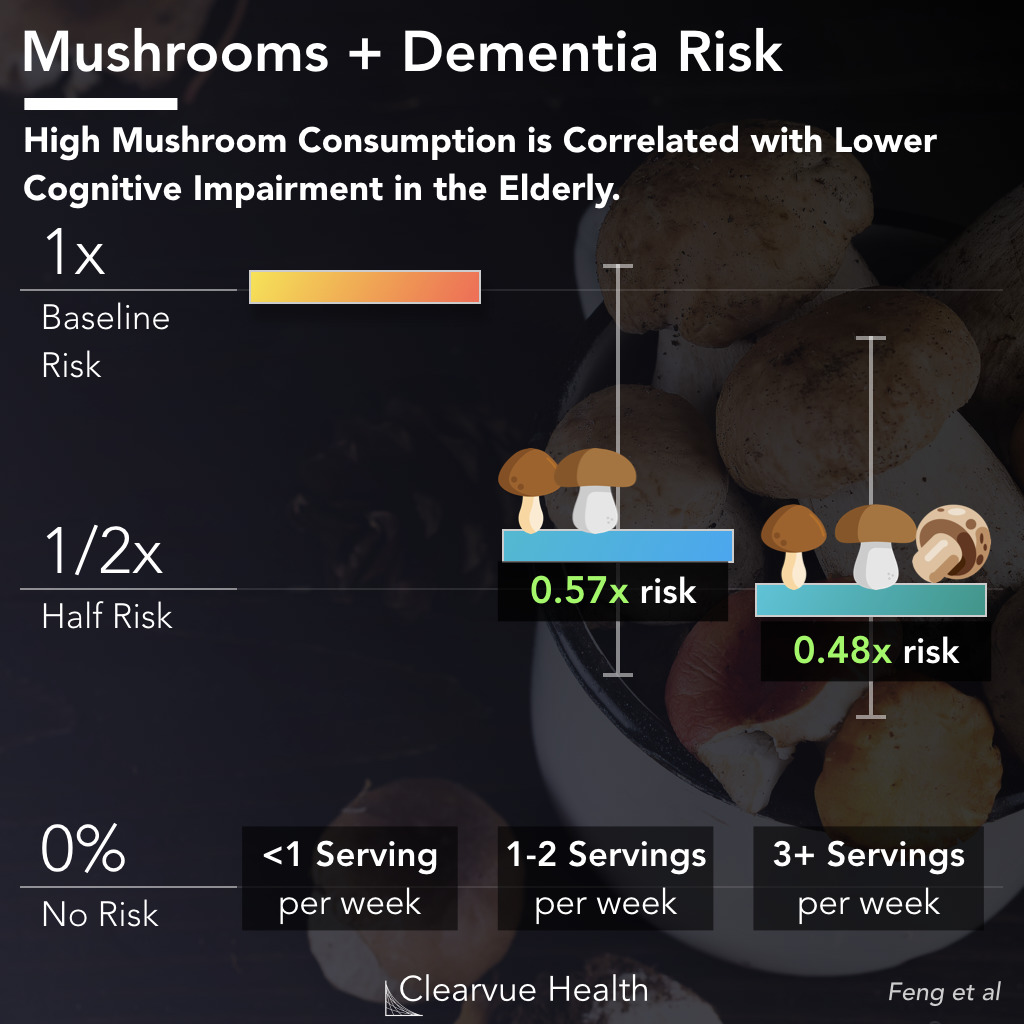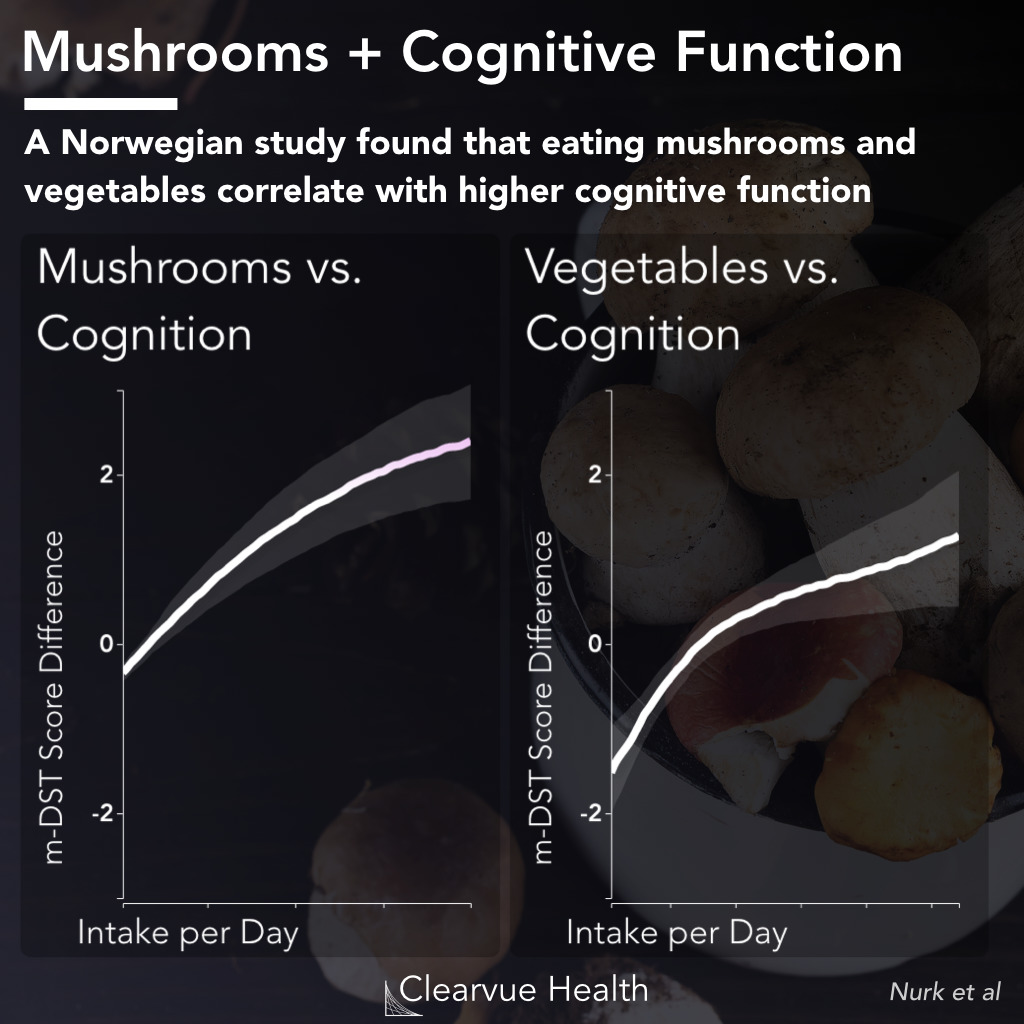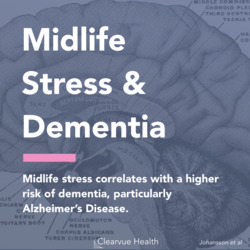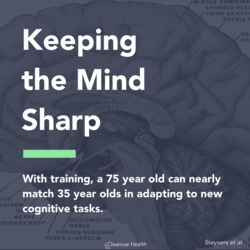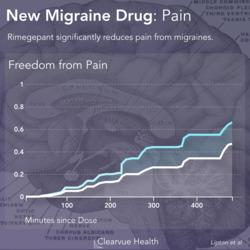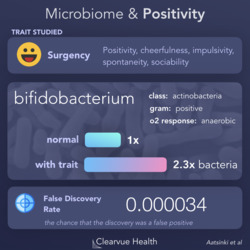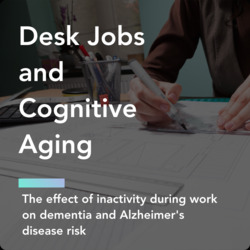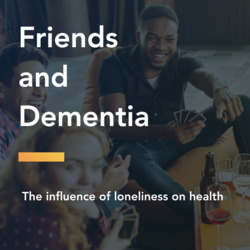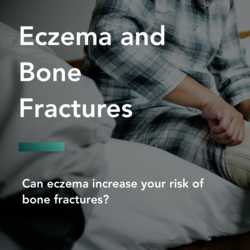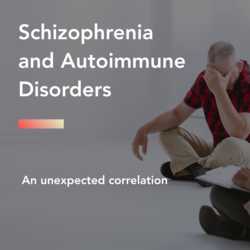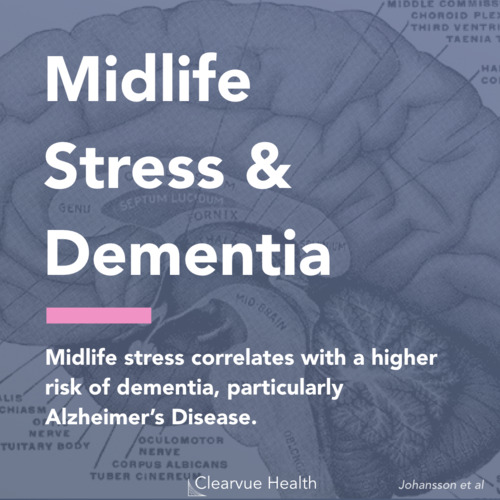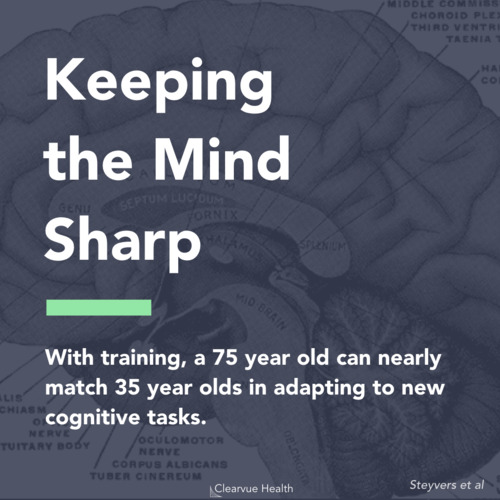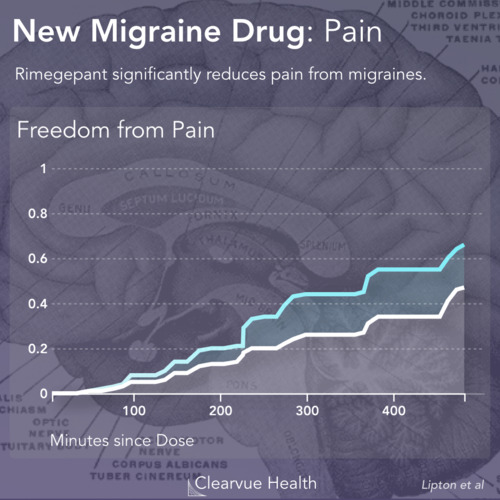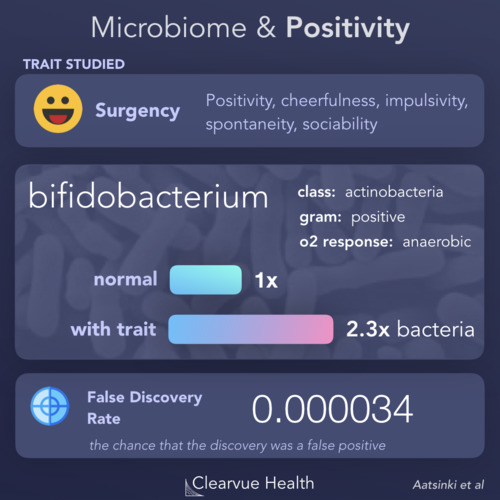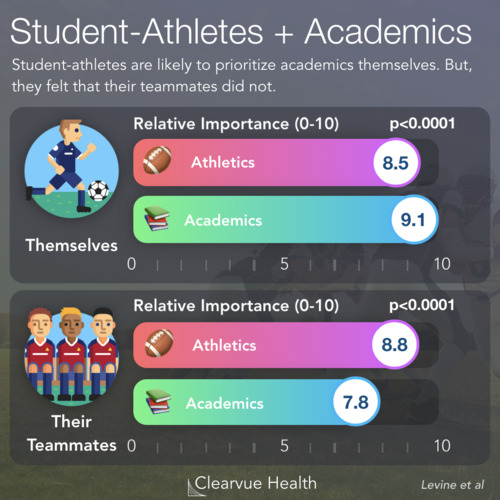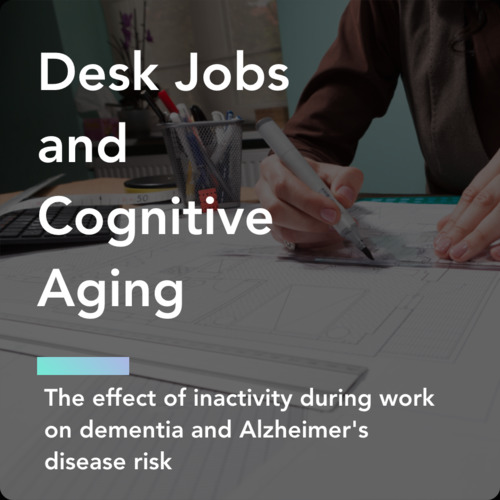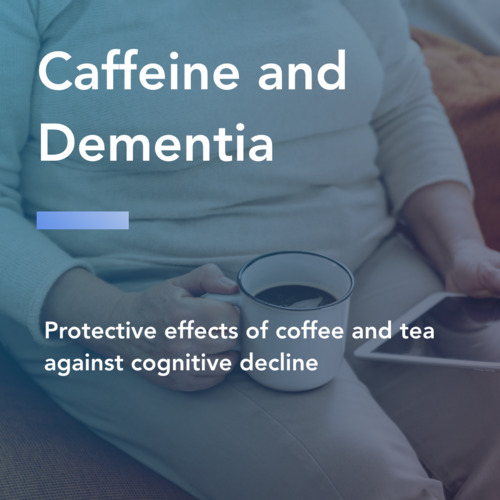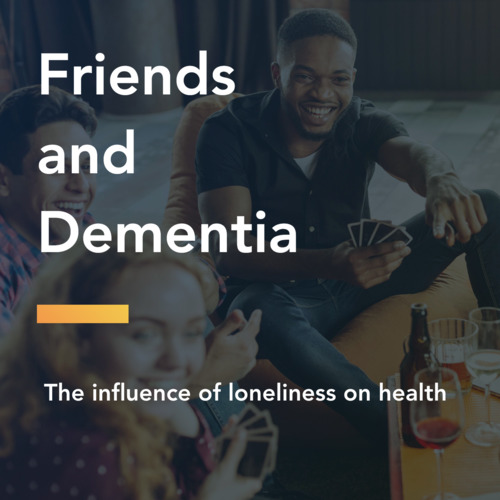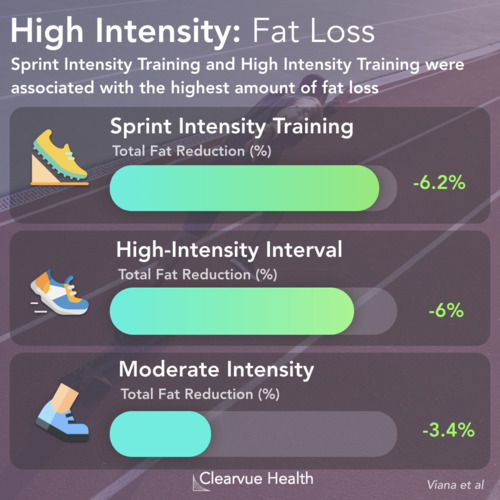Alzheimer's Disease Risk vs Education Attainment
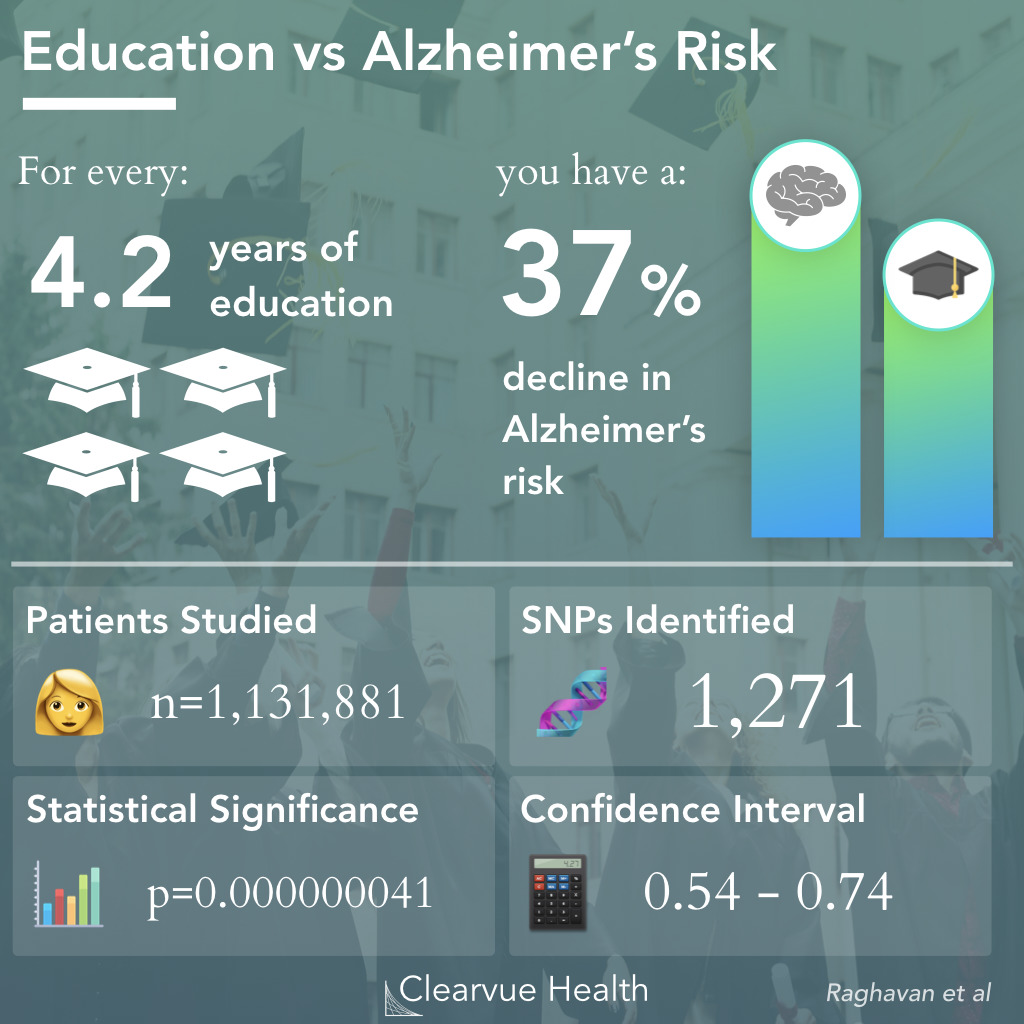
Figure 1: Alzheimer's Disease Risk vs Education Attainment. Data from 1,131,881 patients were analyzed with GWAS. 1,271 single nucleotide polymorphisms were significantly associated with education attainment. These variants were also associated with a 37% decrease in Alzheimer's Disease risk.
Staying in school might just be pretty good for you, according to genetics research.
Researchers conducted a massive study on over 1 million people based on 23andMe data. They looked for gene variants that correlated with years of education as well as Alzheimer's Disease.
They found that the more educated a person is, the lower their Alzheimer's Disease risk. Every additional 4.2 years education corresponds to a 37% reduction in risk of Alzheimer's Disease.
Mendelian Randomization is a type of analysis that looks at genetic variants that cause specific conditions as a way to determine causality. Studies using surveys alone can suffer from confounding bias, where a 3rd variable is responsible for the effect. Mendelian Randomization reduces this risk by looking at correlations between genetic factors rather than patient reported responses.
Alzheimer's Disease is the leading cause of dementia and one of the leading causes of death in the developed world. This disease causes patients to slowly lose their ability to think, remember, and reason. There are several drugs that can help the symptoms, but there is no cure.
Source: Genomic variation in educational attainment modifies Alzheimer disease risk
How SNP Studies Work
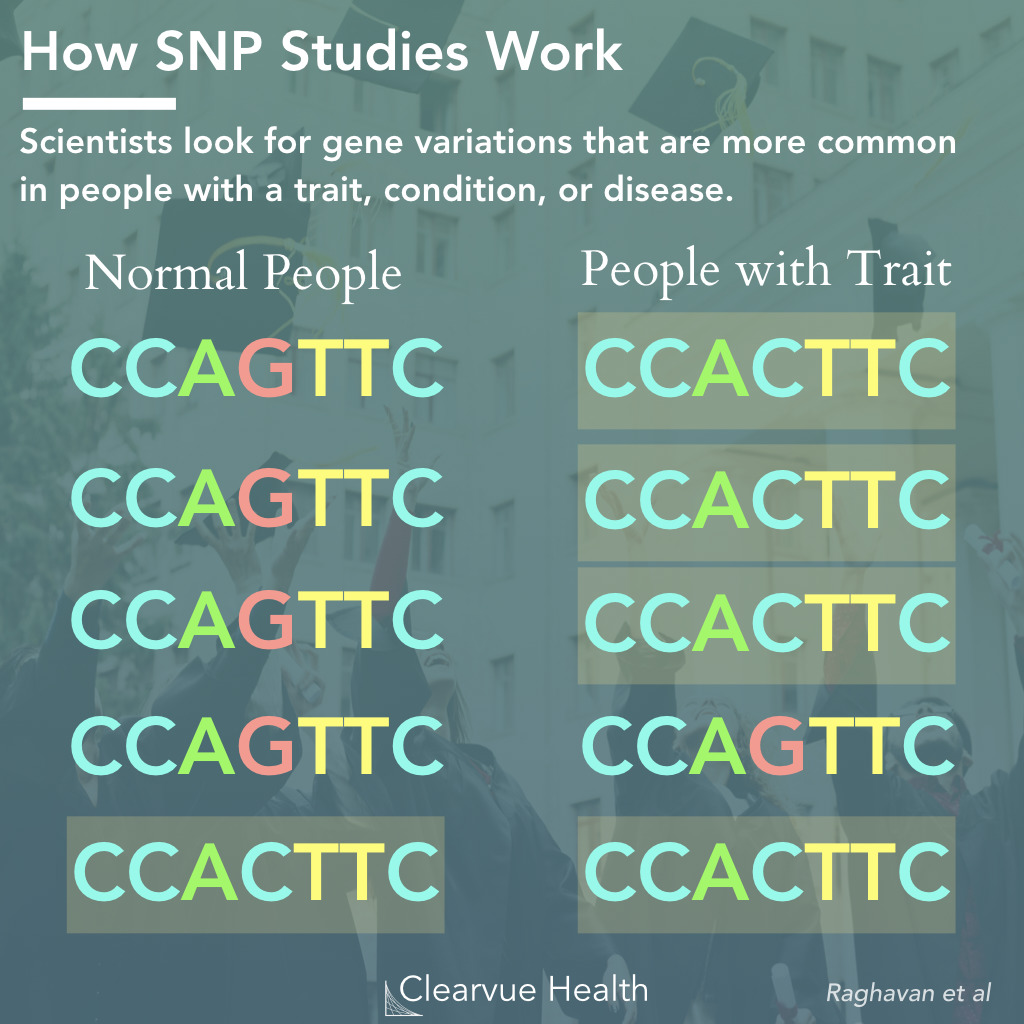
Figure 2: How SNP Studies Work. SNP studies involve finding single nucleotide variants that correlate with specific conditions. In the example above, a Cysteine (C) in the fourth position is more common in people with a specific condition than the general population.
Researchers were able to come to their conclusions, and determine causality, by looking at genetics. Most epidemiological studies cannot determine causality, only correlations. Genes, on the other hand, are a causal factor.
We share about 99.9% of our genes with our neighbors. All human diversity lies in that tiny 0.1% variation between people.
SNPs are genetic variations, or differences, where a single nucleotide (A,C,T,or G) is different between individuals.
By looking at thousands or millions of SNPs, scientists can get a snapshot of genetic variation between people. Certain SNPs tend to correlate with specific disease. While they are not necessarily on the same gene as the disease causing gene, they can provide a way of testing and researching genetic risk.
Key Genes behind Alzheimer's Disease and Educational Attainment
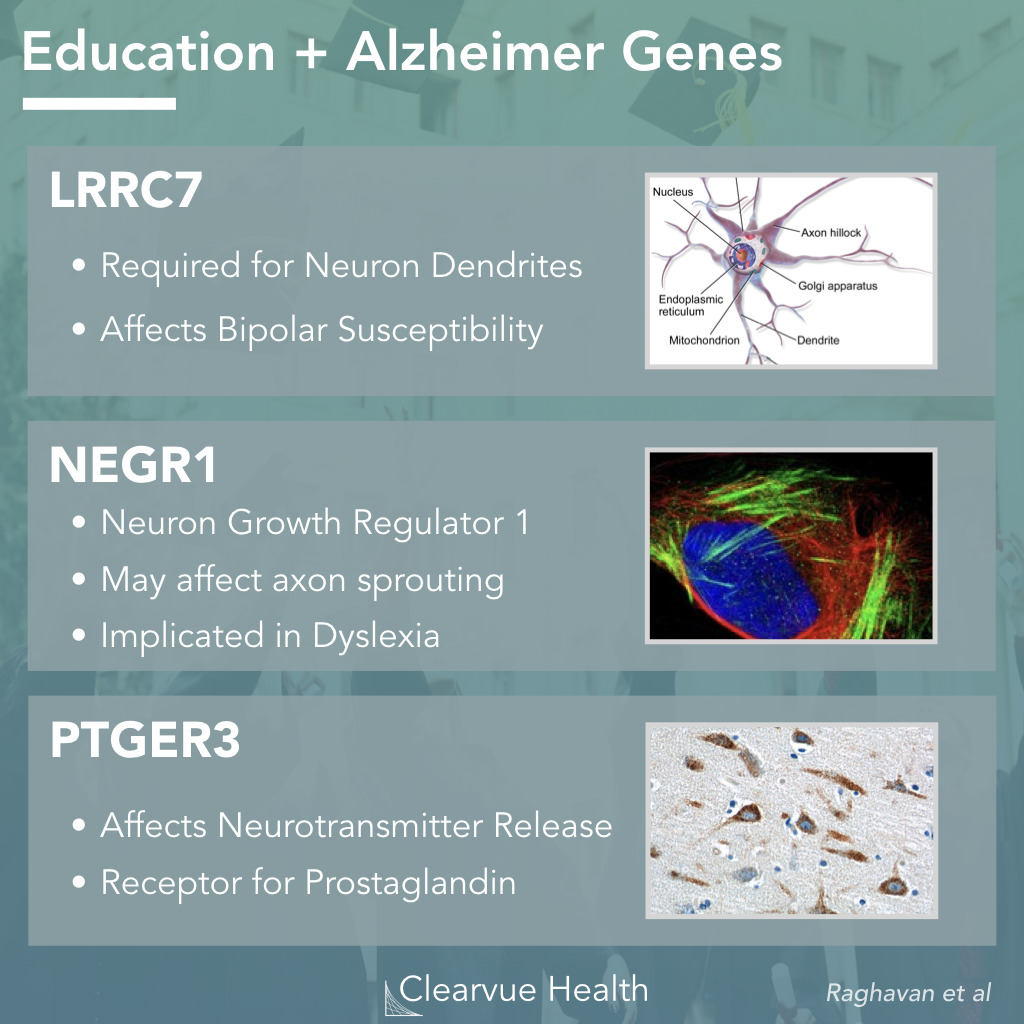
Figure 3: Key Genes behind Alzheimer's Disease and Educational Attainment. LRRC7, NEGR1, and PTGER3 are key genes in the relationship between Alzheimer's Disease and Educational Attainment. LRRC7 is required for dendrite growth and affects bipolar disease susceptibility. NEGR1 affects axon sprouting and is implicated in dyslexia. PTGER3 affects neurotransmitter release.
One interesting result of genetic studies is that we can see the specific genes behind these effects. By looking at specific genes, we can also get insight into the mechanisms behind Alzheimer's Disease and Educational Attainment.
In this particular study, researchers found 3 genes that control neuron growth, axon sprouting, and neurotransmitter release. The genes have also been implicated in Bipolar Disease and Dyslexia as well in previous research.
Source: Genomic variation in educational attainment modifies Alzheimer disease risk
If Alzheimer's Disease was a State
There are 5.5 million Americans with Alzheimer's Disease today. This number is projected to grow to 13.8 Million Americans by 2050, according to the journal Neurology. If Alzheimer's patients were a state in 2020, they would be the 23rd most populous state, ranking just ahead of Minnesota. Read more here.

Alzheimer's Disease and Genetics
This research is consistent with the fact that Alzheimer's Disease has a very strong known genetic component. The genes found here, and in other similar studies, suggest that there is more to the genetics of Alzheimer's Disease than we currently know today.
“
A family history of Alzheimer’s is not necessary for an individual to develop the disease. However, research shows that those who have a parent or sibling with Alzheimer's are more likely to develop the disease than those who do not have a first-degree relative with Alzheimer’s. Those who have more than one first-degree relative with Alzheimer’s are at an even higher risk. When diseases tend to run in families, either heredity (genetics), environmental factors — or both — may play a role.
Link: alzheimer's association
Improving Cognitive Function in Old Age
While Alzheimer's Disease cannot be stopped, cognitive function in general can be improved in old age.
Most of us know that diet and exercise are great for your body, health, and mood. It turns out that they are also great for your mind. Just 6 months of diet and exercise intervention was enough to significantly improve cognition according to one study.
Diets that Improve Cognition in Old Age
Your diet may also play a role in your cognition in old age.
A new study links mushroom consumption with a reduced cognitive impairment risk. While the study only demonstrates a correlation, the results add to a body of evidence showing the importance of diet in dementia prevention. Mushrooms, Vegetables, and a Mediterranean Diet have all been linked to better cognition in the elderly.




